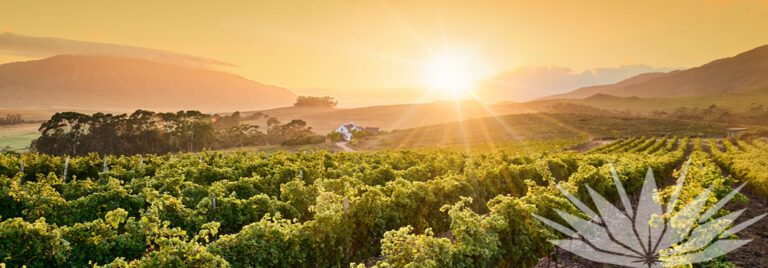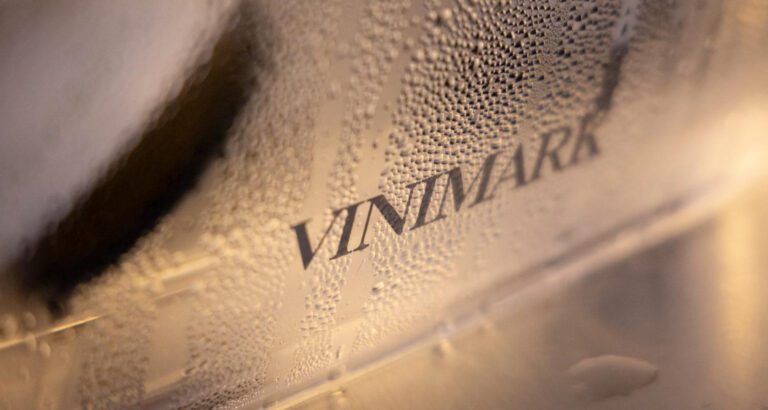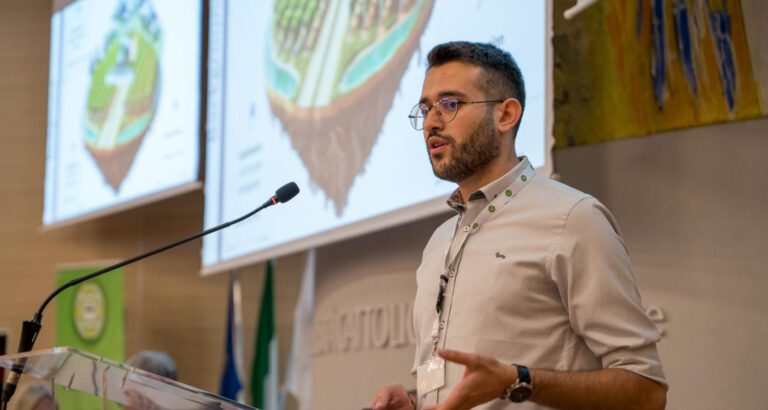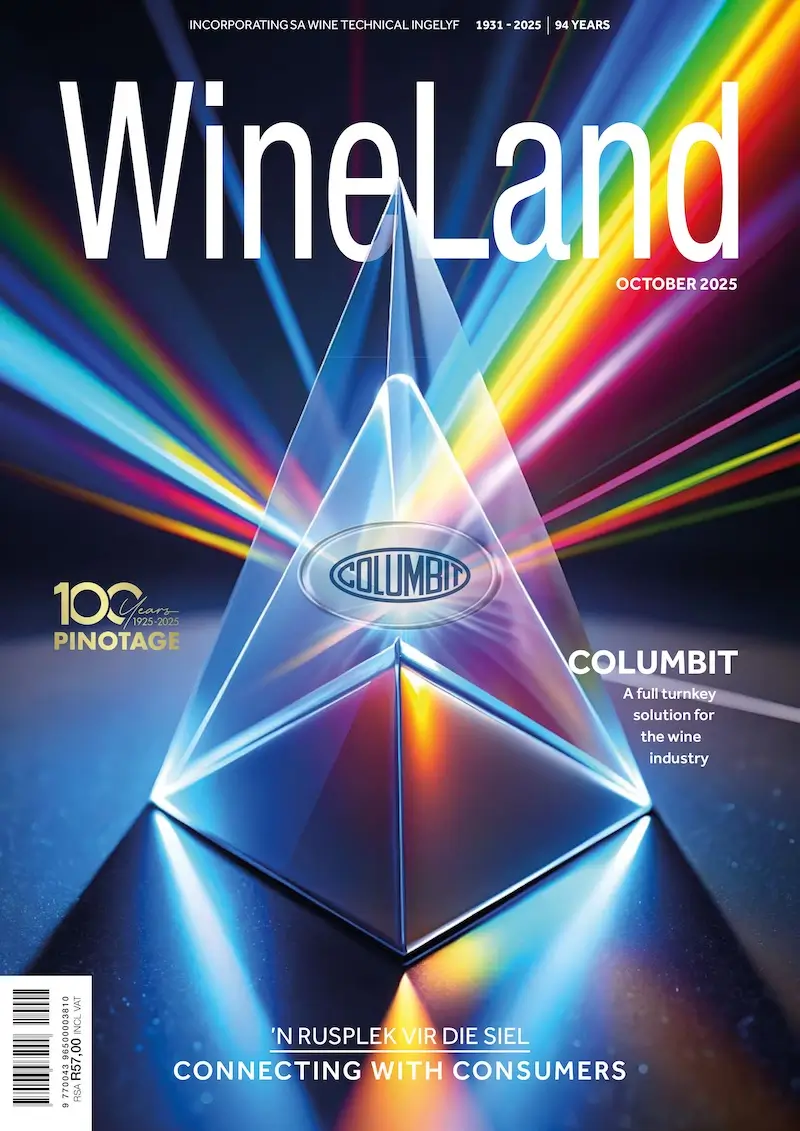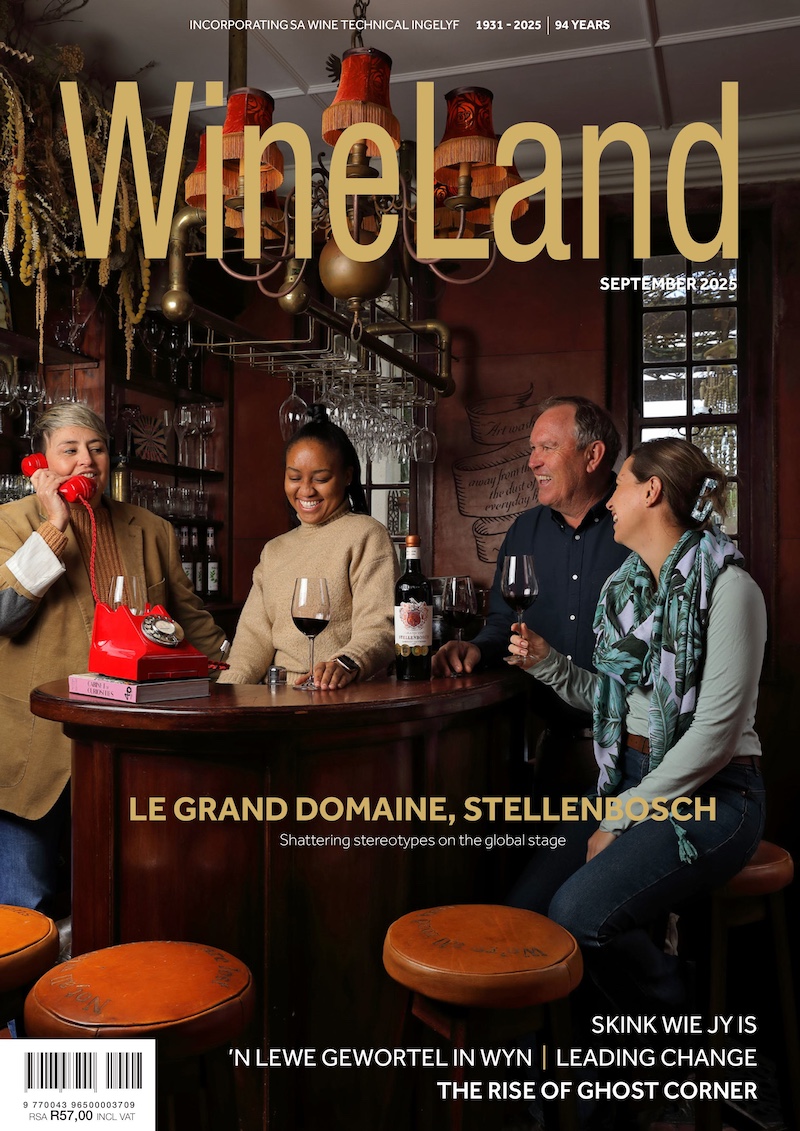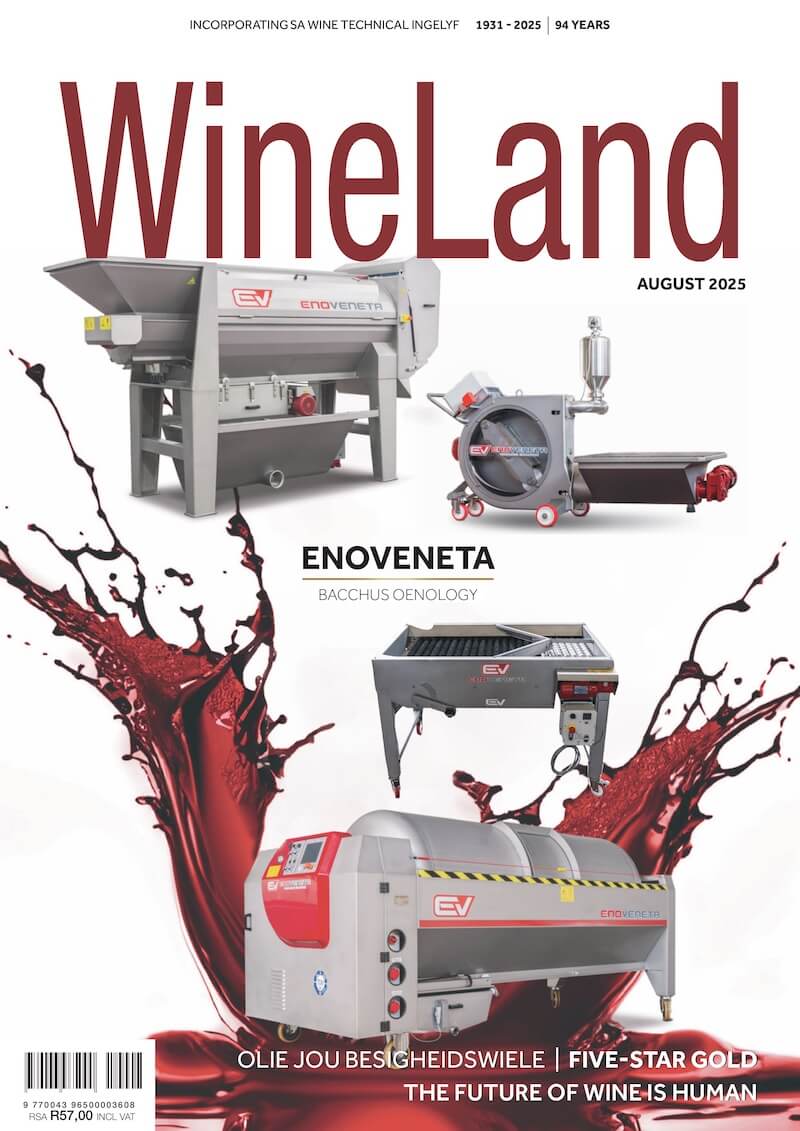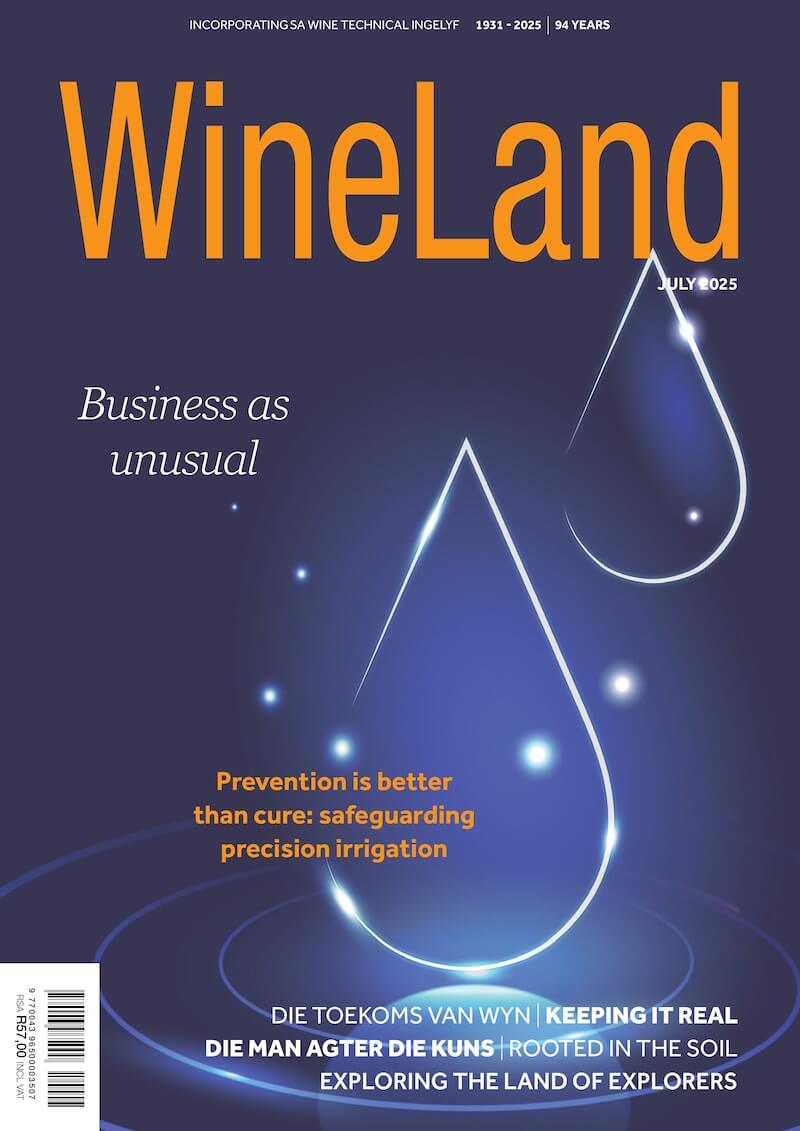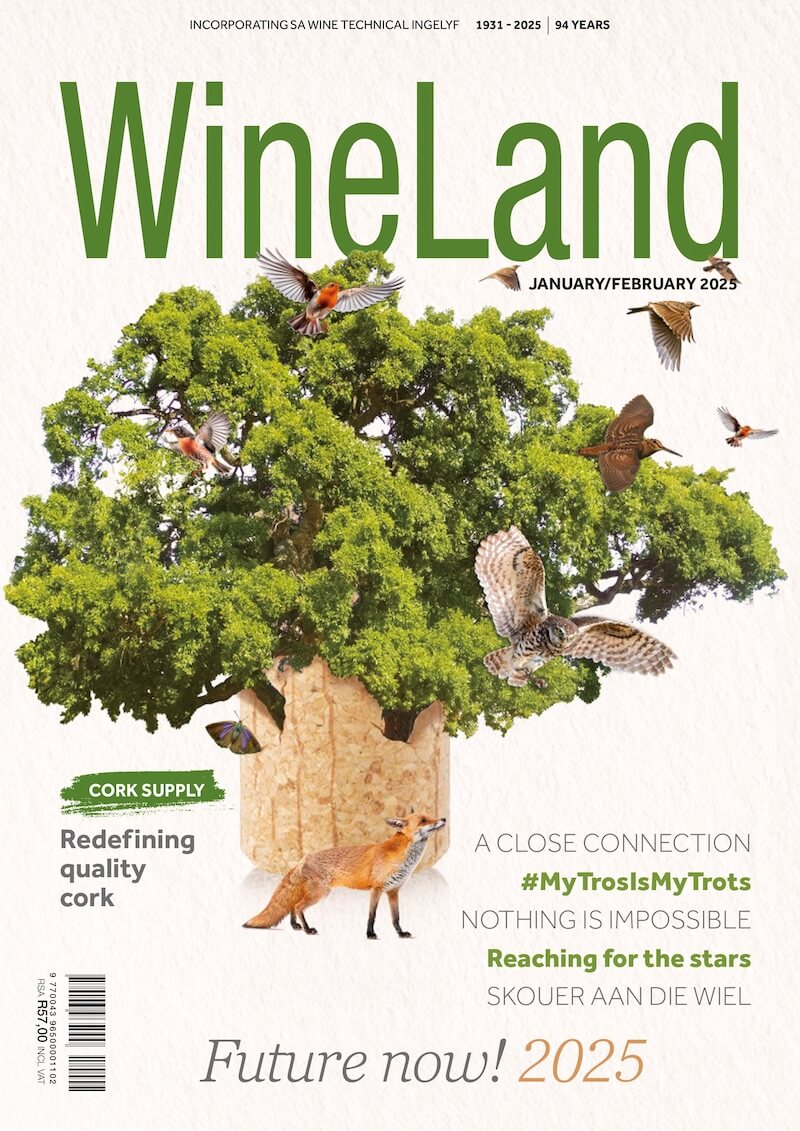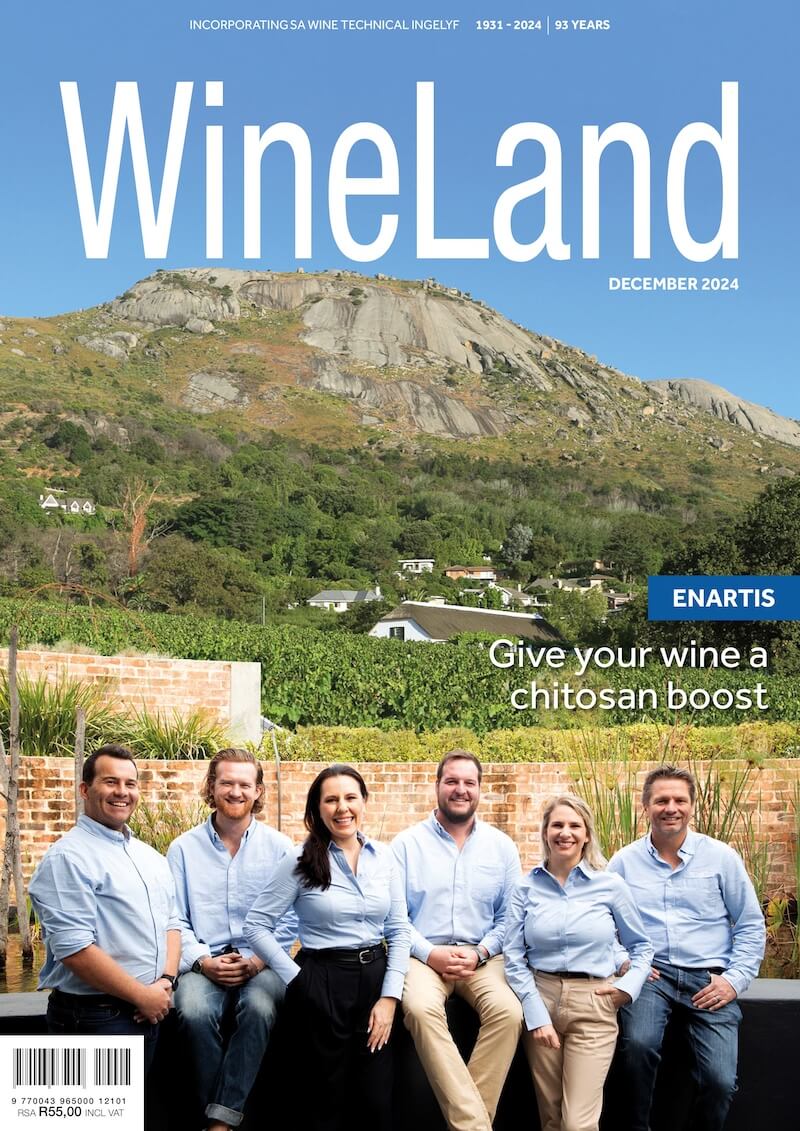There’s a quiet revolution taking root in the Cape Winelands. It’s not flashy, and it won’t come with fanfare. Instead, it begins at the base of the Simonsberg Mountain, where the scent of just-tilled soil lingers in the breeze, and where chefs and winemakers return, again and again, to the land. Call it a return to basics. Or, more accurately, a return to what matters most.
As wine tourism evolves, the conversation is shifting from what’s in the glass to what’s on the plate and where it comes from. Estate kitchens are no longer a ‘nice-to-have’ alongside the tasting room experience. They are becoming central characters in the storytelling of place. And that story, increasingly, is one of seasonality, local sourcing, and food with a distinct sense of provenance.
“We’re seeing a beautiful shift,” says Karl Lambour, general manager at Tokara and a seasoned winemaker himself. “People want real food. They want to know that the salad leaves on their plate came from down the hill, not across the world. And there’s something deeply gratifying in knowing that what you’re tasting is the sum of sun, soil, and skill, and all local, all South African.”
A trio of taste at Tokara
Perched high on the Helshoogte Pass with views that make even the most seasoned traveller pause, Tokara offers a triumvirate of culinary experiences, each rooted in its surrounds.
The Tokara Delicatessen is a sanctuary for families and food-lovers alike. Framed by olive groves and vineyards, this child-friendly space is home to a bistro-style menu built on produce grown mere metres away. Chef Stephanie de Wet, raised on a working Swellendam farm, brings her farm girl sensibilities to every plate. From Tokara’s own hydroponic greenhouse to the estate’s vegetable garden, the ingredients she sources are seasonal, fresh, and bursting with intent.
“I love the idea of working with what’s growing right now,” she says. “It means every dish is a conversation with the land.”
Up the slope, Tokara Restaurant offers a more refined, but equally rooted, expression of terroir. Under the gaze of William Kentridge tapestries and floor-to-ceiling views of False Bay, the kitchen hums with activity as local farmers arrive with the day’s harvest. Menus shift with the seasons, anchored by a philosophy that honours the region’s bounty.
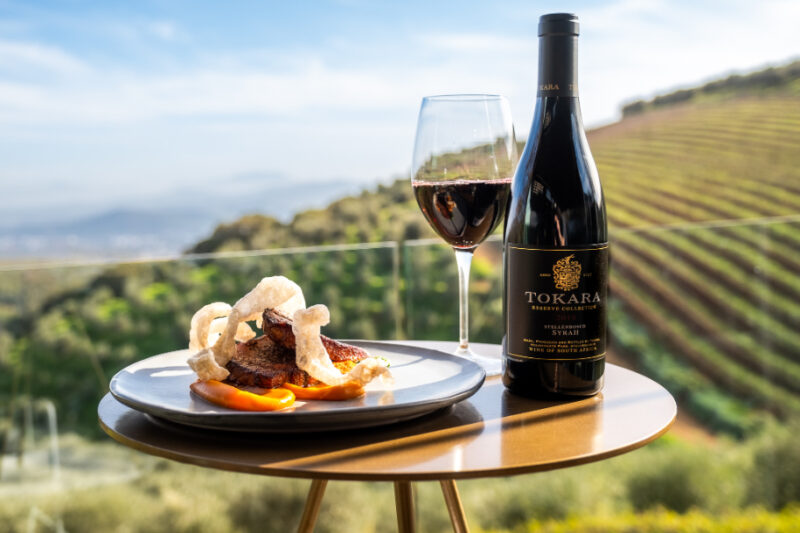
A broader movement takes hold
Tokara is far from alone in this. At Jewell’s Restaurant at Spice Route Destination in Paarl, Neil and Tina Jewell are redefining rustic luxury with their farm-to-table approach. Their menu, always seasonal, features organic Red Angus beef from Charles Back’s herd and house-made charcuterie, available to taste alongside Spice Route wines. The open-kitchen concept, paired with Simonsberg Mountain views, makes this a sensory feast that reflects the land it celebrates.
At L’Ami Family Brasserie on La Motte in Franschhoek, the focus is firmly on connection between people, and between plate and provenance. Here, families gather around open-fire meals inspired by local traditions. The a la carte menu draws on the rhythm of the seasons, offering options for young diners as well as adults, all in a relaxed, modern setting.
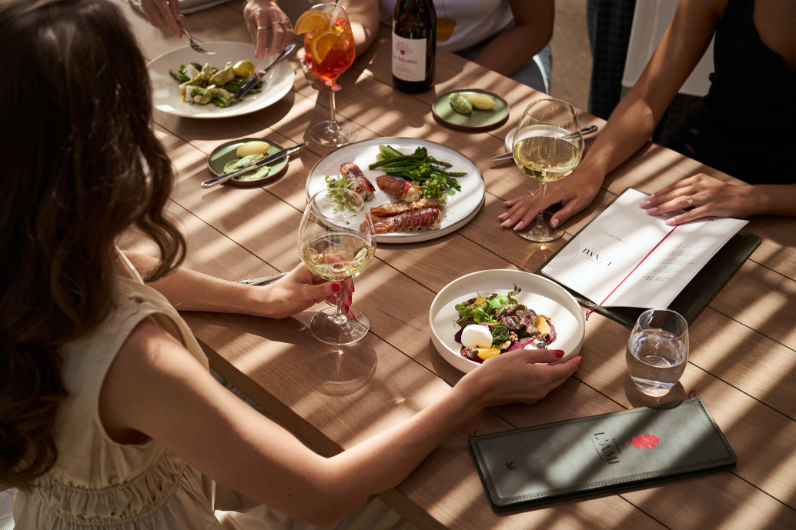
L’Ami Family Brasserie
These aren’t isolated cases but are rather part of a growing global shift.
“Across our Great Wine Capitals network, we’re seeing culinary experiences become a defining factor for world-class wine destinations,” says Catherine Leparmentier, Managing Director of Great Wine Capitals. “Locally sourced ingredients, sustainability, and a connection between vineyard and kitchen are no longer optional extras.” The Great Wine Capitals is a global network connecting 12 of the world’s leading wine regions, each recognised for their outstanding wine tourism experiences. This prestigious alliance, which includes the Cape Winelands, promotes innovation, sustainability, and best practices in wine tourism, while encouraging collaboration through initiatives like the annual Best Of Wine Tourism Awards. Two of the seven Award categories acknowledges Sustainable Wine Tourism and Culinary Experiences.
The way forward
As wine tourism matures, destinations like Tokara are leading the way with immersive experiences that begin on the farm and end at the fork. The focus is on how the wine and food speak to one another, and to the land from which they come.
It’s in the earthiness of a just-picked strawberry. The story behind a free-range cut of lamb. The quiet satisfaction of knowing your food didn’t need a passport to get here.

